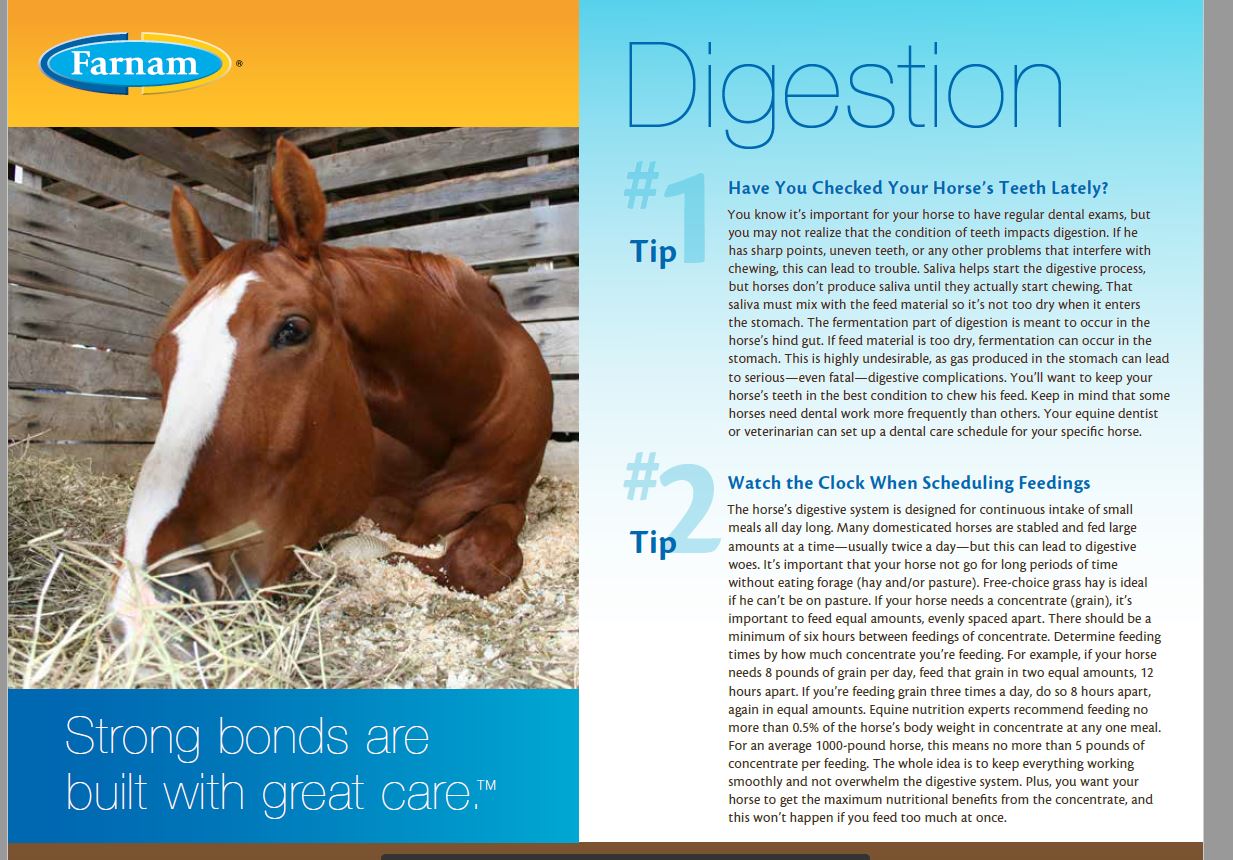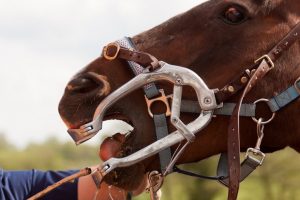Dental Care: Why Horses Need Regular Tooth Care

Proper dental care is essential for maintaining the overall health and well-being of horses. Just like humans, horses require regular dental check-ups and treatments to prevent pain, improve digestion, and ensure a good quality of life. This article explores the importance of equine dental care, common dental issues, and best practices for maintaining healthy teeth in horses.
Why Is Dental Care Important for Horses?
Horses have unique dental anatomy that requires special attention. Their teeth continuously grow and wear down due to their grazing habits. Without regular care, uneven wear can lead to sharp edges, painful ulcers, and difficulty chewing.
- Prevents Dental Problems: Regular dental exams help identify issues like sharp enamel points, hooks, ramps, and wave mouth early.
- Improves Digestion: Properly chewed food aids digestion and nutrient absorption.
- Enhances Performance: Dental pain can affect a horse’s behavior and performance, especially in riding and racing.
- Prevents Weight Loss: Painful teeth can cause horses to eat less, leading to weight loss and poor condition.
Common Dental Issues in Horses
| Dental Issue | Description | Symptoms | Treatment |
|---|---|---|---|
| Sharp Enamel Points | Overgrowth of enamel causing painful edges | Mouth sensitivity, dropping food | Floating (filing) of teeth |
| Hooks | Overgrown tooth edges that interfere with chewing | Difficulty chewing, weight loss | Dental rasping or extraction |
| Wave Mouth | Uneven tooth wear creating a wave-like surface | Poor chewing, bad breath | Regular dental floating |
| Tooth Decay | Cavities or infections in teeth | Swelling, bad odor, pain | Extraction or dental care |
How Often Should Horses Have Dental Care?
Most horses benefit from dental check-ups at least once or twice a year. Young horses, older horses, and those with known dental problems may require more frequent visits.
Best Practices for Equine Dental Care
- Regular Floating: Filing down sharp points and uneven surfaces to prevent discomfort.
- Professional Exams: Conducted by a qualified equine dentist or veterinarian.
- Observation: Owners should watch for signs of dental pain such as dropping food, head tossing, or reluctance to eat.
- Proper Diet: Feeding appropriate forage and avoiding overly hard or sugary treats.
FAQ
Q: Can I perform dental care on my horse myself?
A: Dental care should be performed by professionals to avoid injury and ensure proper treatment.
Q: What are the signs my horse needs dental care?
A: Signs include difficulty eating, weight loss, bad breath, head shaking, and excessive salivation.
Q: Is dental care expensive?
A: Costs vary, but regular care can prevent costly treatments for severe dental problems later.
Regular dental care is a vital part of responsible horse ownership. By understanding the importance and maintaining a consistent dental care routine, you can help your horse stay healthy, comfortable, and happy.
